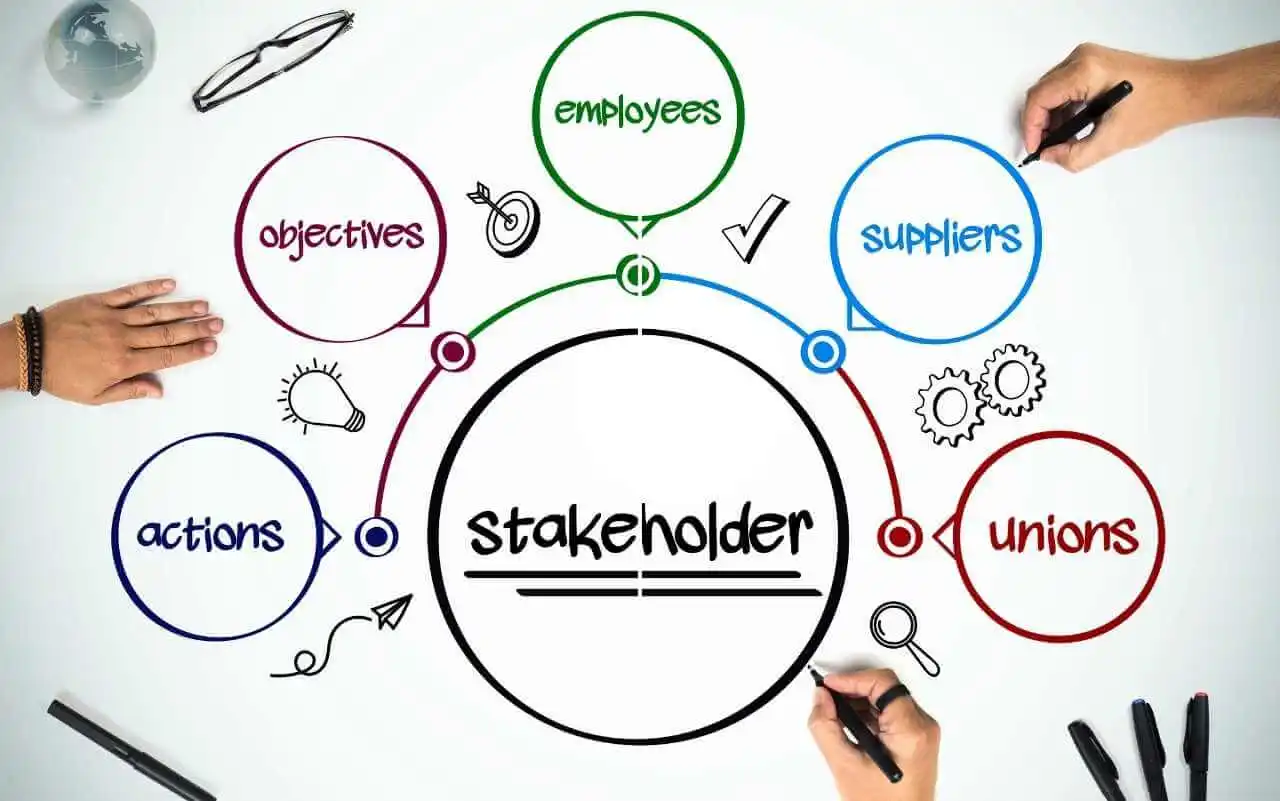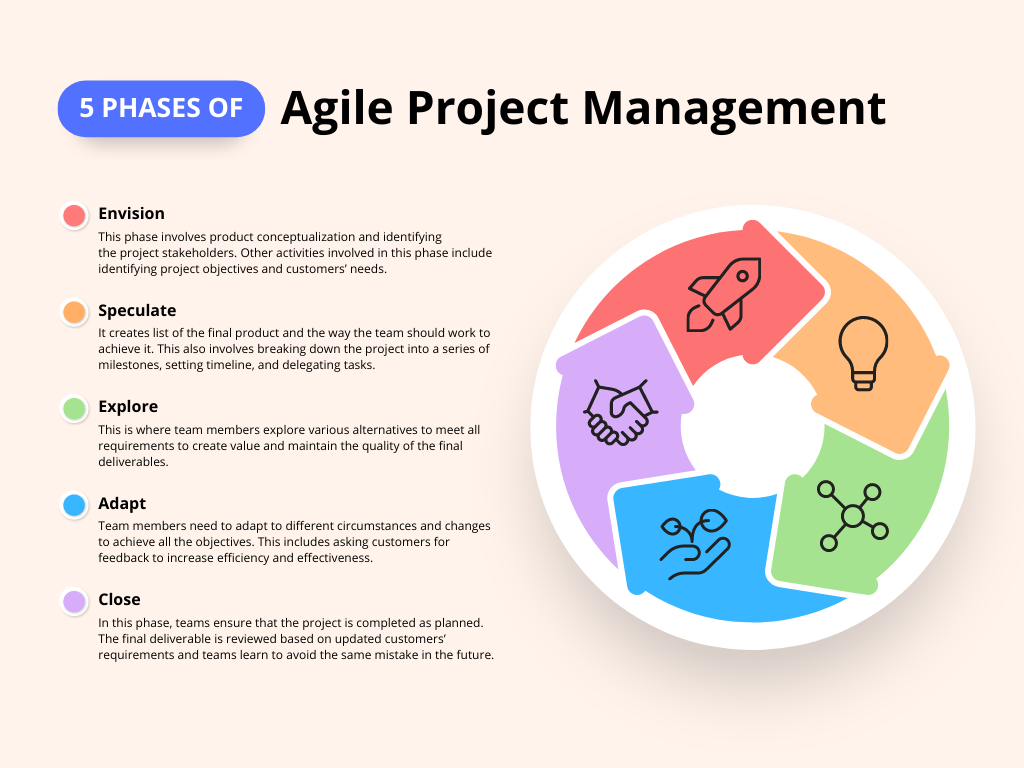
What would help a project manager to effectively manage heavy team workload without leaving team members burned-out? Workload management.
Call it the process by which a project manager shares or assigns various portions of a project to team members with the overall aim of maximizing the time, energy, and intellect of every team member.
At first glance, the process may appear pretty straightforward — define the scope of work, break it down into smaller, manageable tasks, and then assign these to team members. Right? If you’ve ever worked on a project, you’ll know this is easier said than done.
Project managers juggle multiple priorities and personalities on every project. What matters most to the business and to customers? How do you get the best results from a project? What is the best way to utilize both human and material resources at your disposal without wearing them out? And the underperformers, how do you get the most out of them? The 5 tips in this article should get you well on your way to better managing team workload.
5 Proven Tips for Managing Team Workload as a Project Manager
1. Evaluate The Total Workload Of Your Team
The tasks to perform are sometimes scattered across different briefs, project strategies, tools, and maybe even teams. So it often becomes hard to know for sure how much really is on each team’s plate. The way out?
Start by pulling together a complete list of projects your team is directly responsible for. Then look through your shared project management tool to identify other cross-functional tasks to which your team will be contributing.
A project management tool like Plan.io could be of immense help here as it pulls everything into one place, making things easier to comprehend at a glance.
2. Breakdown the Workload
With a big-picture assessment of your team’s workload now established, it’s now time to break this down into smaller chunks of tasks. You can think of this process as a task hierarchy with your project top of the hierarchy, followed by each phase of work, each deliverable or milestone, and groups of other tasks below that. The process is known as work breakdown structure.
In the end, you may see a reason to add or remove some tasks from a team’s workload. It is here you’ll have to switch from project management to people management!
3. Assign Duties Based on Capacity
No doubt, dividing up responsibilities requires a purposeful plan. You clearly know what it is you’re trying to achieve. Now, who are you going to assign each task to? Who are your team players? What is each made of and what tasks are they best suited for? Will any team member need development or help in any specific area?
Remember, an important part of your job as a project manager (all managers for that matter) is making sure that everyone on your team is given the right amount of work. It may be tempting to overload the team’s workhorse — especially when you feel he can deliver the task the fastest, or as a way of easing up on another member who’s struggling. Resist that temptation. Be fair in assigning tasks.
Here’s why. Besides the obvious wisdom of being fair, there’s also the need to develop your team. If your only interest is hitting immediate or short-term goals and you keep giving tasks to only the same high-achievers, beware! You’ll be shooting yourself in the foot when these ‘trusted hands’ leave or are tied up in other tasks.
Be that manager who brings a task and lays it on the table for team members to brainstorm. This is how managers discover hidden talents, or at least a staff with a keen desire to learn a new skill.
4. Coach Team Members To Be More Efficient And Effective
As a norm, most project teams have to shoulder heavy workloads. And there are days when even your best performers need help. As a result, even your best capacity and workload calculations may not prevent your team from missing a deadline on certain projects.
What then?
- Carry out a time audit to know how they spend time at work. Distractions of all sorts may take up more productive hours than you realize. Have team members document how time at work is spent, for a week or one month. It may become obvious that they’re not spending sufficient time on high-priority assignments.
- Arrange meeting-free days. This is about you. It’s estimated that executives spend on average 23 hours a week attending meetings. You’ll have to deliberately look for ways to minimize this. Channel this to time spent with team members, focusing on critical tasks.
- Offer to assist. What can you take off their plate? Maybe there are lingering tasks that you can decide should be delegated or even cancelled. Find out those things that have overstayed in their to-do list.
5. Employ Time-Tracking Techniques To Determine Realistic Workloads
It’s not enough for you as a project manager to know the capacity of each employee. You also need to know how long a particular task ought to take. Once the average time of a task is known, workload management becomes a lot easier.
You could have your team run a test in this regard for say, a week, or a month, during which everyone is asked to document the time it took them to complete routine tasks, working at normal pace. This way, you can tell how much work can get done in a day, a week, a month and so on.
Bottom Line
As a project manager, just bear in mind that personal productivity is not a replacement for poor workload management. If you’re giving team members more work than they can handle, something will give in no time.
Proper management of team workload will ensure adequate utilization of your human assets — human resources. This will also help you stick to your project schedules and meet agreed milestones and deadlines. Of course, it takes effort to find that balance. But the results are well worth it!







